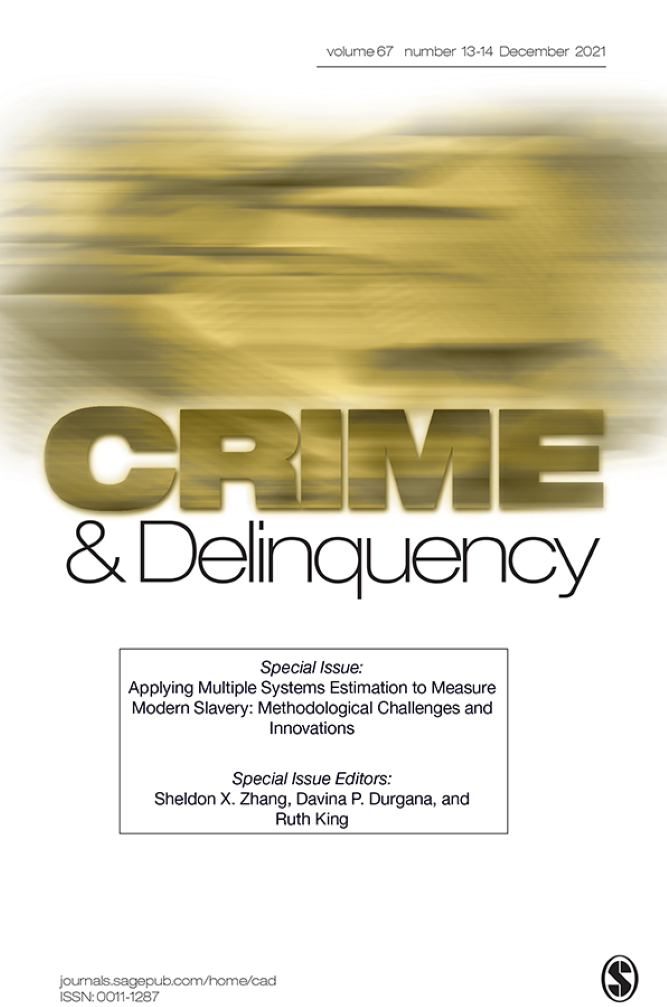For 312 women on probation and parole, we used mediation and conditional process analyses to examine the indirect effect of minority racial/ethnic status on unemployment through spatial mismatch between women’s place of residence and the location of available jobs. Consistent with the spatial mismatch hypothesis, employment opportunities per capita within 2 miles of women’s census tract of residence mediated the relationship between minority status and unemployment. The connection of spatial mismatch to unemployment was less pronounced for women with high levels of transportation access. Findings point to the importance of broader social policies to support well-developed transportation systems and community-based job development.



 The College of Arts
The College of Arts